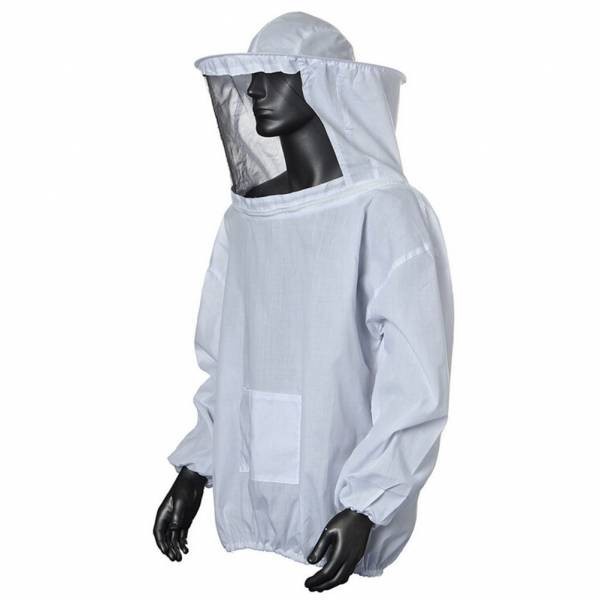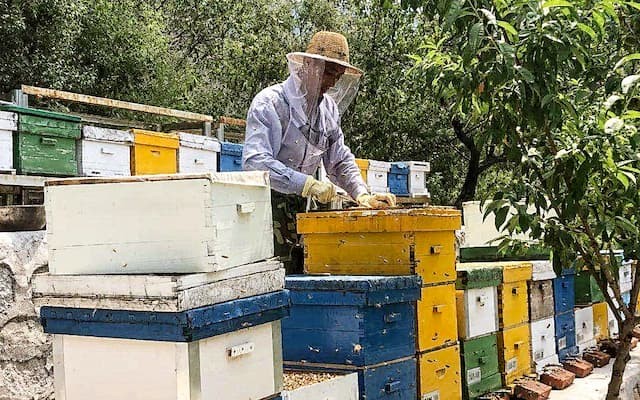Beekeeping is an exciting world in which we connect with nature while producing top quality honey and other natural products for home or commercial use. It's a great way to learn about the natural world while providing a wonderful service to our community. Beekeeping provides us with an up-close look at the amazing world of bees and their vital role in our ecosystem. Not only do we get to enjoy the delicious honey they produce, but we also get to help pollinate our plants and crops.
It is best to start small, with only a few hives. This way you can get a feel for the work required and the honey production cycle without having too much invested. You will also quickly learn which local plants provide the best nectar for your bees. The first year is also a good time to learn from experienced beekeepers in your area. Many beekeeping clubs hold regular meetings and events where you can ask questions and get started in the right direction.
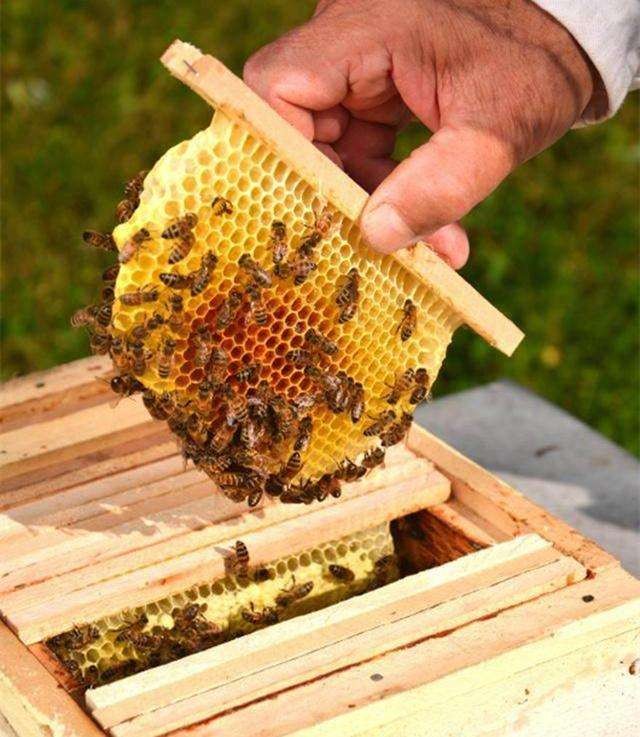
In some countries, beekeeping is a regulated industry requiring individuals to obtain a state approval, take preparation courses and/or get a formal license before starting a beekeeping establishment. This is to ensure that beekeepers understand the important role they play in contributing to a healthy environment and the importance of honeybee health.
Please be advised that bee stings can be lethal for people who are allergic to them. If you are allergic to bee stings, or think you might be, please exercise at your own risk.
. In commercial beekeeping, honeybees are not the only species managed. bumblebees and stingless bees are also common in some areas. Bees are important for the pollination of plants.
Bee transfer pollen from male parts of a flower to the female parts of a flower of the same species, something that is necessary for the reproduction of many plants (vegetables, nuts, seeds, forage etc.). This is called cross-pollination and it is essential for the creation of new plants. The bee collects the pollen on its body and then brushes against the female parts of the flower, leaving the pollen behind. This process ensures that the plants can continue to produce new generations.
.Farmers often place beehives near their fields with the purpose of crop pollination. The bees will buzz from flower to flower, picking up pollen which they will then transfer to the next flower they visit. This process of cross-pollination ensures that the plants are able to produce fruit or vegetables.
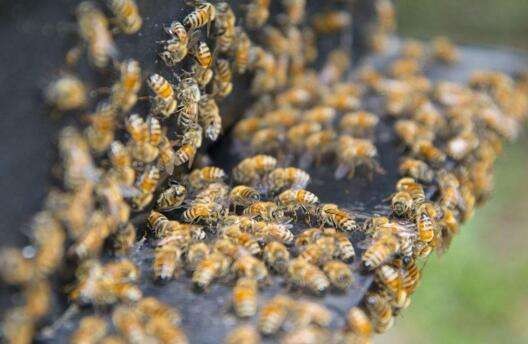
Bees are amazing creatures that play a vital role in our eco-system. Not only do they produce honey, but they are also responsible for pollinating our plants. It is estimated that bees account for at least 80% of all pollinator insects. Without bees, many of our plants would not be able to reproduce and we would see a significant decline in the food supply.
Beekeeping Tools for Beginners
Auto Flow Beehive Wholesale
The Auto Flow Beehive is a revolutionary new beehive that allows honeybees to flow continuously, without the need for human intervention. This means that honey can be harvested on a regular basis without disturbing the bees, which is crucial for their health and wellbeing. The hive is also designed to be more user-friendly, with an easy-to-use interface that makes it perfect for beginner beekeepers.
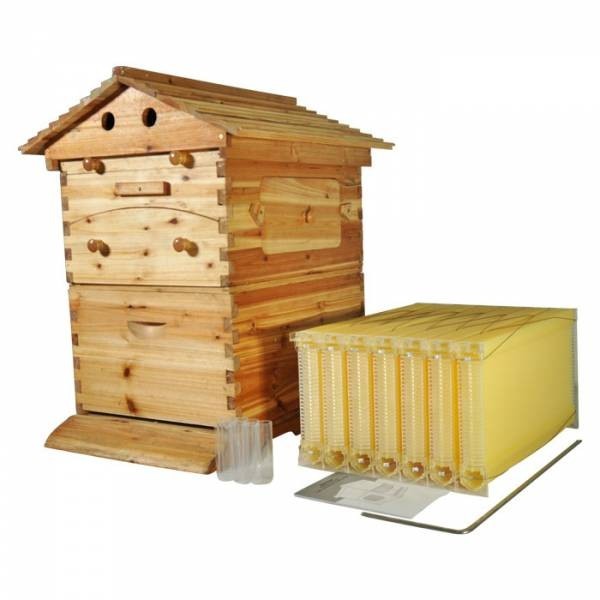
European Bee Smoker
The smoke transmitter is a tool for subduing bees by erupting smoke. Bee smoke is mainly used to inspect bee colonies, merging bee colonies and attracting queen bees.
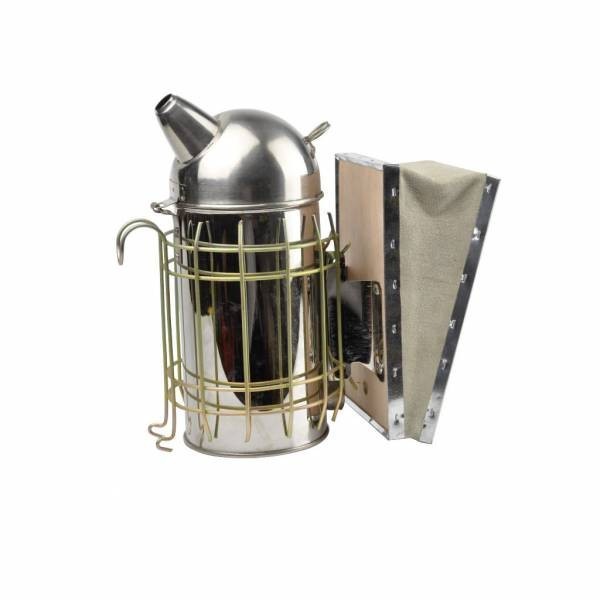
J Hook Hive Tool
The J Hook hive tool is a great addition to any beekeeper's arsenal. This tool is designed to help with the removal of honeycomb from hives. It can also be used to scrape away wax and propolis. The J Hook hive tool is made from stainless steel and is very durable.
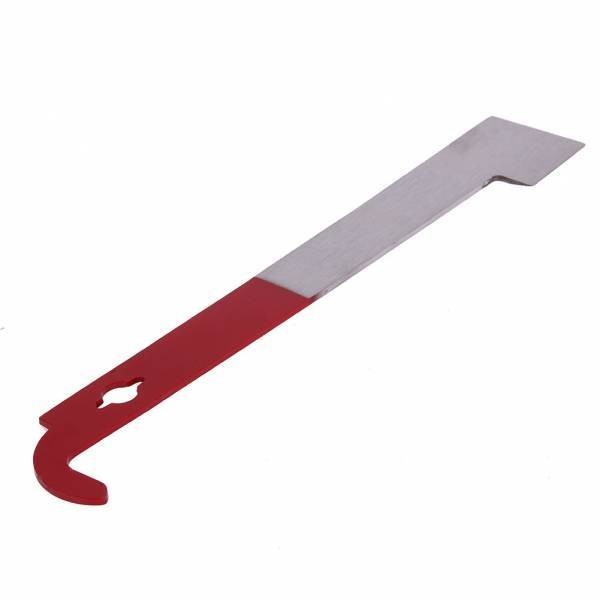
Manual 4 Frame Honey Extractor
The Manual 4 Frame Honey Extractor body is made from stainless steel and is machine rolled with seamless welding. Honey extractors are simple mechanical devices used for extracting honey from honeycombs.
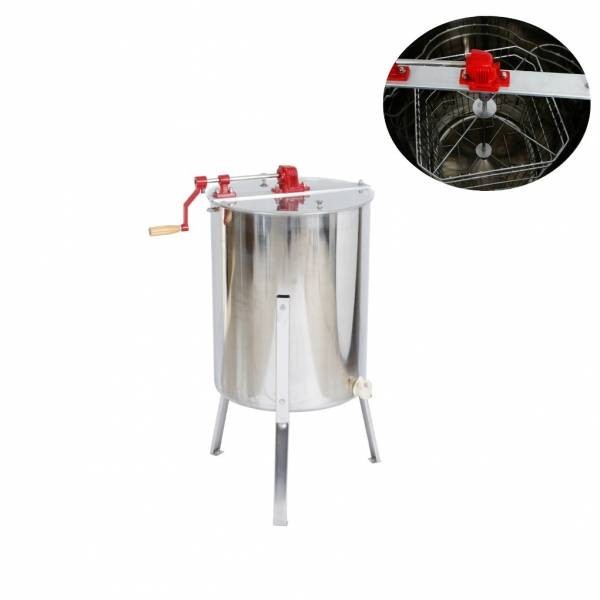
Beekeeper Jacket
The beekeeping jacket made from high quality cotton polyester fabric. The thickness of the jacket keeps bees from your skin.
